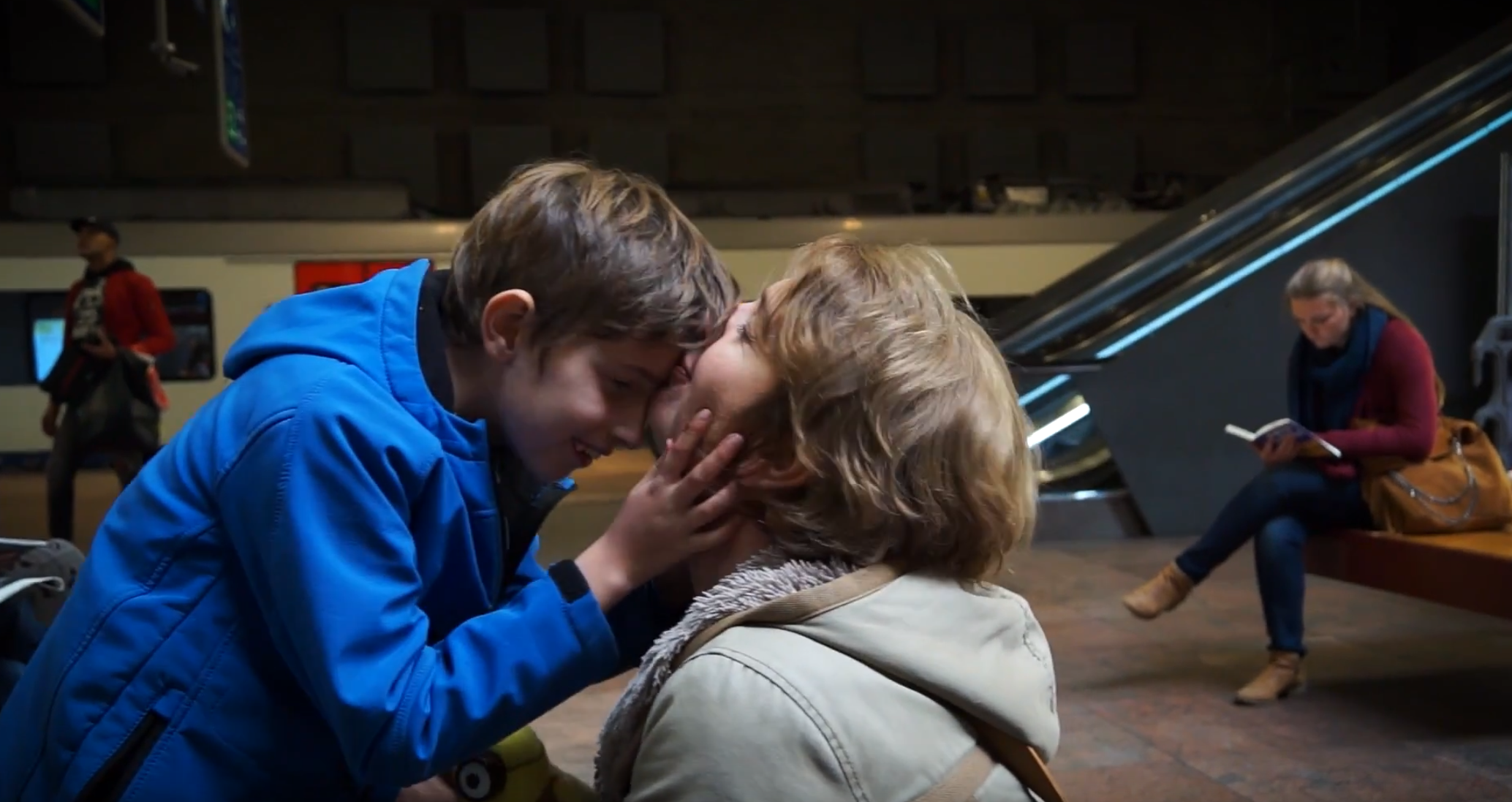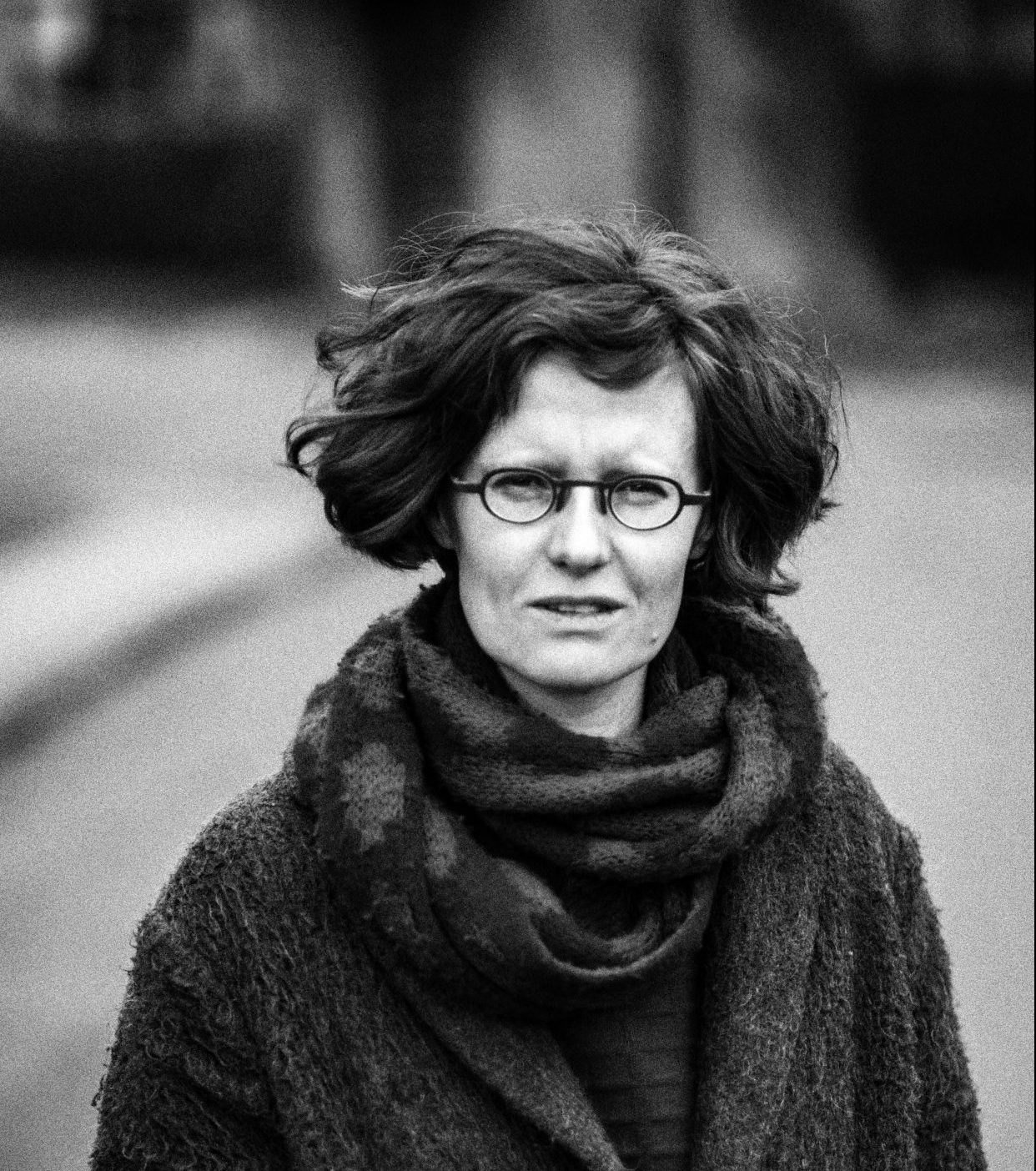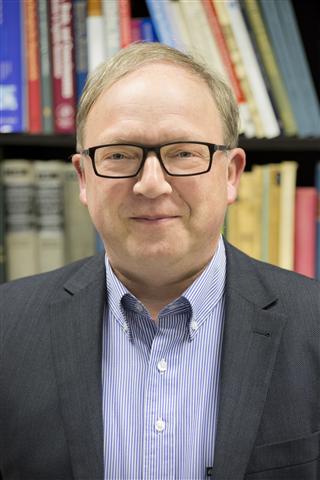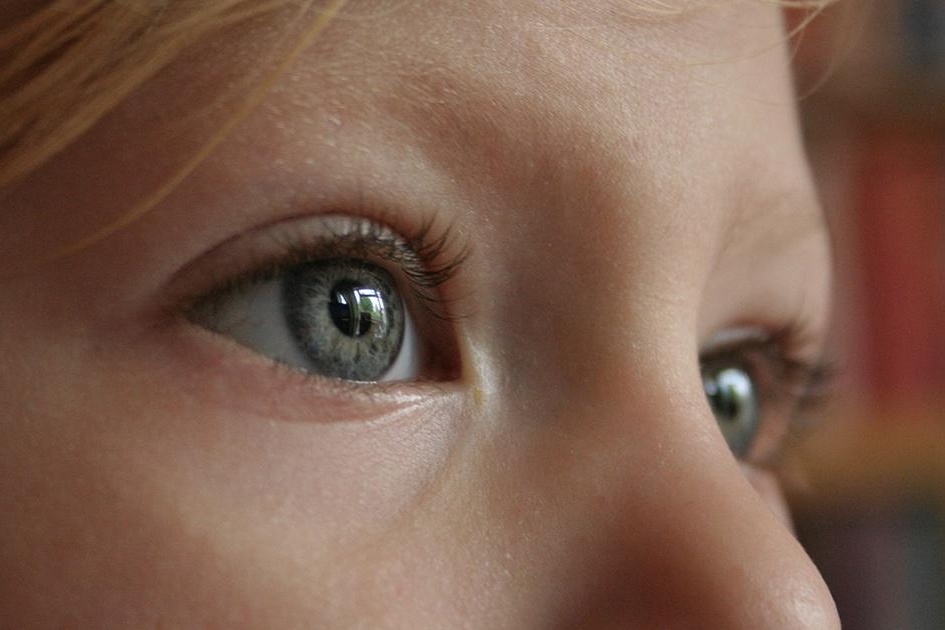"Last week, same story", Danielle begins. In Sara’s diary, a note from her teacher: "Sara seems tired lately. Moreover, Sara hit the same cupboard several times this week. On Tuesday, during math, it took her a lot of effort to keep up with the group.”
Topics: absence, behavioral change, childhood absence epilepsy, unclear, confusion, seizure, incomprehension
Interview with Eva Schoeters, founder be-TSC
Tuberous Sclerosis Complex (TSC), also known as Bourneville's disease, is a complex genetic disease of which epilepsy is often one of the symptoms. Clear communication around TSC and tight monitoring of it is crucial to limiting the impact of the condition. That is why Eva has committed herself to the role of chairman of be-TSC, an association that wants to be there for those who have to deal with TSC. In this blog, she tells more about TSC and shares her story.
Topics: absence, epilepsy, uncertainty, impact on family, support, living with epilepsy, familiy, support group, awareness, spasms, tsc, Tuberous sclerosis, infantile spasms, rare diseases
Epihunter is used by children, young people, and adults. In this interview, we meet Philippe (52) from Antwerp, Belgium. He has been using epihunter for some time and shares his story with us - from his first seizure to his new daily approach and the lessons of his epilepsy.
Topics: absence, testimonials, seizure, uncertainty, unpredictable, neurologist, diagnosis, self-care, self-awareness, living with epilepsy, epihunter, apps
Interview with Stefanie De Jonghe
Childhood epilepsy has a huge impact on daily family life. It also challenges your feelings as a parent. Stefanie De Jonghe, chairperson of Steunpunt Kinderepilepsie - a Flemish non-profit organisation focused on childhood epilepsy - knows what she’s talking about. Six years ago her daughter, Lenie, was diagnosed with a severe form of epilepsy. Stefanie gives us an honest and touching account of her daily family life and tells us more about the Steunpunt Kinderepilepsie’s mission and activities.
Topics: absence, epilepsy, unsteady agenda, uncertainty, impact on family, support, living with epilepsy, familiy, support group, awareness
No other child is as beautiful as your own, that's for sure. Epilepsy doesn't change that. But that doesn't stop comparisons being drawn between friends and classmates and this at times can lead to difficult realisations. Suzanne, Machteld, Krist, and Peggy share their story.
Topics: absence, epilepsy, living with epilepsy, awareness, confrontations, school, class
Life is filled with beautiful moments. The nice experiences, the good memories. Absence epilepsy does not change that. Life however sometimes entails darker periods. Hard times, the difficult situations and confrontations. And yes, the latter ones may occur more often due to the disorder. That is why it is incredibly important for a parent to take time for oneself, some “me-time”. Accept outside help, share your concerns, grant yourself a little extra. All without any feeling of guilt. Self-care is essential to make life with absence epilepsy bearable. Some parents testify, read their stories below.
Topics: absence, epilepsy, self-care, stressful, self-awareness, support, living with epilepsy, familiy, support group, awareness
Absence epilepsy affects everyday life on every level. Though many of us try to meet it with optimism, there is always that fear and anxiety. You make the most of every day, but never without precautions and a solid portion of routines. Below you can read how some parents approach the uncertainty that comes with absence seizures.
Topics: absence, future, life questions, unsteady agenda, uncertainty, unpredictable, impact on family
Clarity for better diagnosis and therapy
In 2017 the International League against Epilepsy (ILAE) published a new classification of epileptic seizure types. Prof. dr. Lieven Lagae, pediatric neurologist at UZ Gasthuisberg and Chairman of the European Pediatric Neurology Society, highlights the importance of the new classification and clarifies what is truly "new".
Topics: absence, seizure, epilepsy, neurologist, seizure type, diagnosis, treatment, motor onset, focal onset
As a big brother, Frederik can cope with Ine’s epilepsy. He is very responsible and caring. If the family goes on a trip, he is the one who asks: "Mom, did you not forget Ines pills?" - "As if that’s the concern of a thirteen-year-old" - sighs his mother, Karen.
Topics: absence, seizure, children, future, life questions, unsteady agenda, uncertainty, unpredictable, impact on family
Lieve, Sofie’s mother, is a speech therapist. In her practice, she’s sometimes confronted with epilepsy. She’s familiar with the symptoms. Hence, when Sofie, as a two year old, cut herself out more and more, Lieve suspected something was wrong.
Topics: absence, testimonials, parents, imaging









